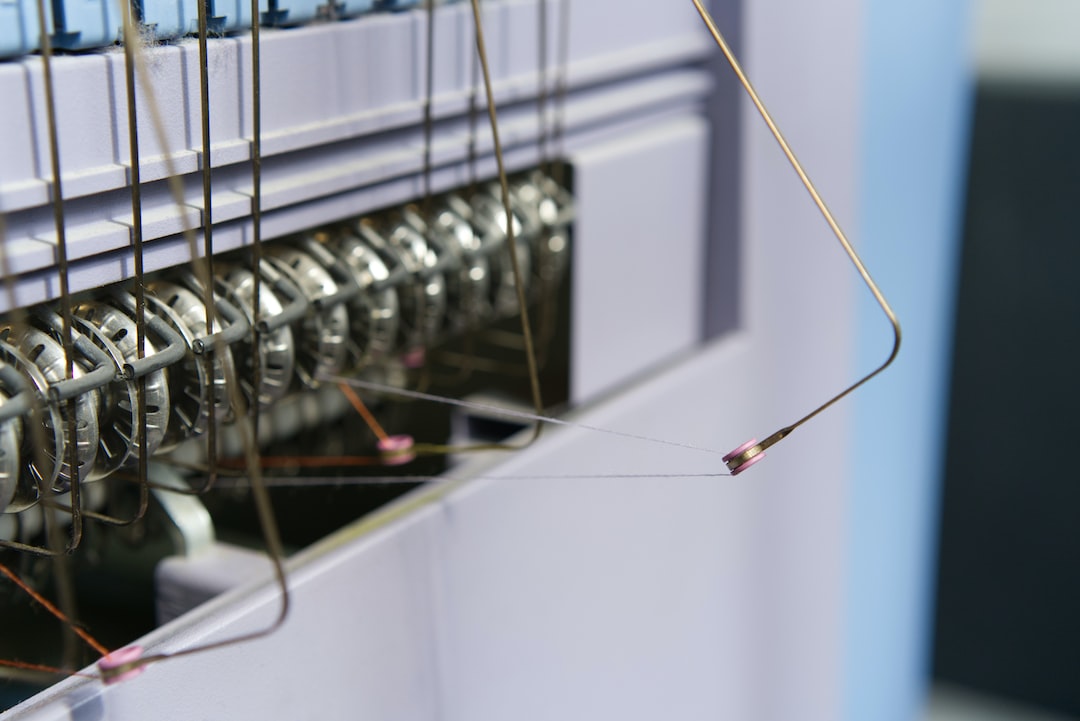Advancements in Robotics and Automation Technologies
The field of robotics and automation has been rapidly evolving over the years, with new advancements and technologies continuously emerging. These developments have had a profound impact on various sectors, ranging from manufacturing and healthcare to agriculture and transportation. As we delve deeper into the 21st century, it is clear that robotics and automation are poised to revolutionize industries and redefine the way we live and work.
One of the most significant advancements in robotics is the introduction of collaborative robots, or cobots. Unlike traditional industrial robots that operate autonomously and require complex programming, cobots are designed to work alongside humans. These robots are equipped with sensors and advanced algorithms that enable them to sense human presence and adapt their behavior accordingly. This collaborative nature opens new possibilities for human-robot interaction and cooperation, empowering workers to perform tasks more efficiently and with improved safety.
Automation technologies, on the other hand, have transformed the manufacturing industry. From conveyor belts to robotic arms, automated systems have streamlined production lines, accelerated manufacturing processes, and reduced labor costs. One notable example is the adoption of computer numerical control (CNC) machines in machining operations. These machines use pre-programmed software to control the movement of tools, resulting in greater precision and productivity. As a result, manufacturers can produce higher-quality products at a faster pace, meeting the ever-increasing demands of consumers.
In addition to the industrial sector, robotics and automation technologies have also made breakthroughs in the healthcare field. Robotic surgery, for instance, has revolutionized surgical practices by enhancing precision, reducing invasiveness, and shortening recovery times. Surgeries that were once considered risky or complex are now commonplace, thanks to robot-assisted procedures. Moreover, robotic exoskeletons are being developed to aid those with mobility impairments, enabling them to regain independence and improve their quality of life.
The agricultural industry has also witnessed significant advancements in robotics and automation. Automation technologies such as autonomous tractors, crop monitoring drones, and robotic harvesters have enhanced efficiency, reduced dependency on manual labor, and improved crop yields. These technologies equip farmers with real-time data, enabling them to make informed decisions about crop management, irrigation, and pest control. Furthermore, robots are being developed to perform delicate tasks, such as fruit picking, which were traditionally challenging for human workers due to their speed and precision requirements.
Transportation is another sector where robotics and automation technologies are making immense strides. Autonomous vehicles have garnered significant attention in recent years, with companies like Tesla, Waymo, and Uber investing heavily in their development. These driverless vehicles promise to revolutionize the way we commute, making transportation safer, more efficient, and less reliant on human intervention. Moreover, logistics and warehousing operations have also adopted robotic systems to handle tasks such as package sorting and inventory management, resulting in faster delivery times and increased customer satisfaction.
As advancements in robotics and automation continue, it is crucial to address ethical and societal implications. The displacement of human workers due to automation raises concerns about job security and income inequality. Moreover, the ethical use of robots in areas such as warfare and surveillance requires careful regulation to prevent misuse and protect individual privacy.
In conclusion, advancements in robotics and automation technologies have revolutionized various industries and are reshaping our society. From collaborative robots to autonomous vehicles, these innovations have improved efficiency, productivity, and safety while transforming the way we live and work. Despite the ethical and societal challenges, embracing these technologies responsibly can pave the way for a more prosperous and sustainable future.

